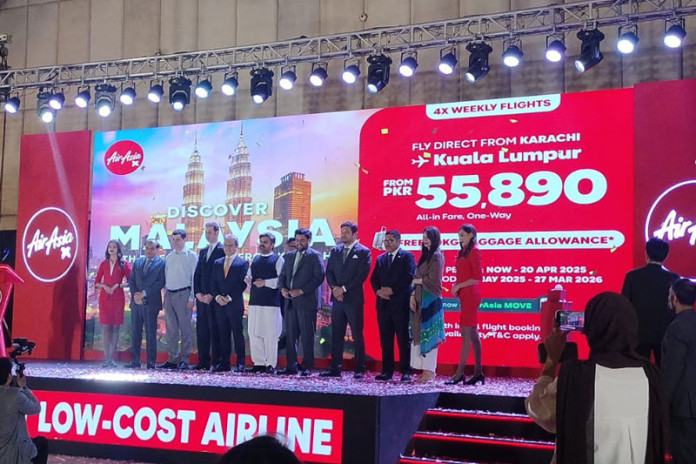The rise of virtual influencers: exploring the impact on social media marketing

- 231
- 0
In recent years, the realm of social media has witnessed a fascinating phenomenon – the emergence and rapid ascent of virtual influencers. These digital avatars, meticulously crafted by skilled artists and developers, have taken the online world by storm, garnering millions of followers and reshaping the landscape of influencer marketing. As these virtual entities blur the lines between reality and fantasy, it becomes imperative to delve into their impact on social media marketing strategies.
Virtual influencers, unlike their human counterparts, are entirely computer-generated characters designed to represent a brand or persona. They possess unique personalities, lifestyles, and interests, often tailored to resonate with specific target demographics. These digital avatars interact with followers through curated content, including photos, videos, and written posts, across various social media platforms.
One of the key advantages of virtual influencers lies in their versatility and controllability. Unlike human influencers, virtual avatars are not constrained by physical limitations or real-life commitments. They can be present 24/7, engaging with followers and promoting brand messages consistently. Moreover, brands have complete control over the narrative and image projected by these digital personas, ensuring alignment with marketing objectives and brand identity.
The appeal of virtual influencers extends beyond their novelty factor. These digital avatars embody perfection, presenting an idealized version of beauty, fashion, and lifestyle. Their flawless appearance and curated content resonate with audiences seeking aspirational and aspirational content, driving engagement and brand affinity. Furthermore, virtual influencers offer a level of escapism and fantasy, transporting followers into a world of imagination and creativity.
The impact of virtual influencers on social media marketing is profound and multifaceted. Firstly, they offer brands a unique opportunity to reach and engage with younger, digitally savvy audiences. Gen Z and millennial consumers, in particular, are drawn to the innovative and immersive nature of virtual influencers, making them a valuable asset for brands seeking to connect with these demographics.
Secondly, virtual influencers facilitate seamless integration with digital platforms and emerging technologies. From augmented reality (AR) filters to virtual try-on experiences, these digital avatars enable brands to deliver interactive and personalized content, enhancing the overall customer experience. As technology continues to evolve, virtual influencers are poised to play an increasingly pivotal role in shaping the future of social media marketing.
However, the rise of virtual influencers also raises important ethical and authenticity concerns. Critics argue that these digital avatars perpetuate unrealistic beauty standards and commodify human relationships. Moreover, the lack of transparency surrounding their artificial nature challenges the authenticity and credibility of influencer marketing campaigns.
In conclusion, the rise of virtual influencers represents a paradigm shift in social media marketing. These digital avatars offer brands a unique opportunity to engage with audiences in innovative and immersive ways, leveraging technology to create compelling narratives and experiences. However, it is essential for brands to navigate the ethical considerations and authenticity concerns associated with virtual influencers, ensuring transparency and integrity in their marketing efforts. As the digital landscape continues to evolve, virtual influencers are poised to redefine the future of influencer marketing, shaping consumer trends and brand interactions in unprecedented ways.
Published in The Daily National Courier, April, 05 2024
Like Business on Facebook, follow @DailyNCourier on Twitter to stay informed and join in the conversation.

















































